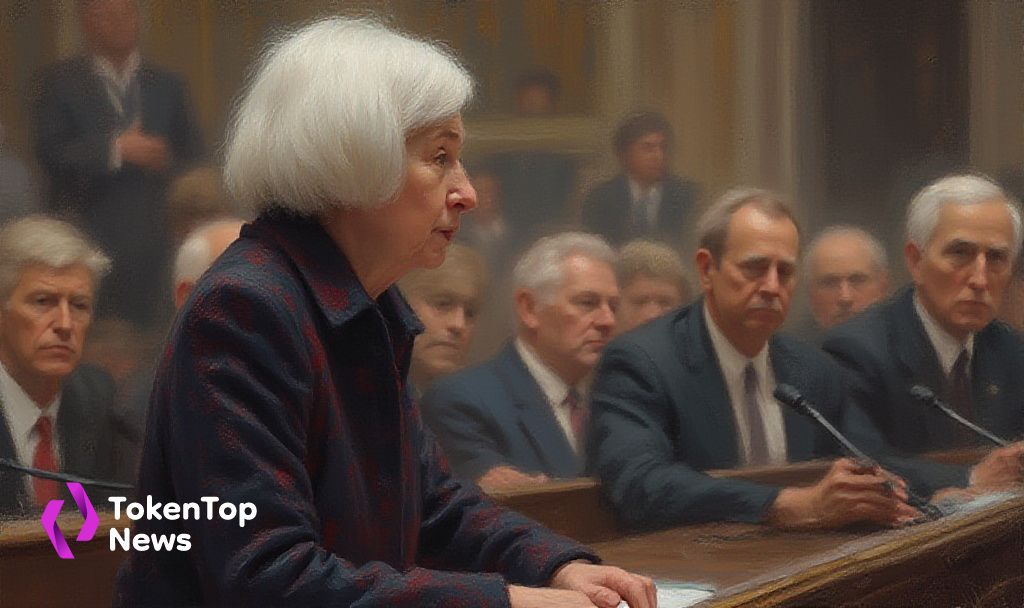Janet Yellen Warns Against Trump’s 2025 Tariff Plans
- Yellen warns Trump’s tariffs could curtail investment, harm economy.
- Trump cites trade deficit concerns for tariff implementation.
- Yellen foresees damage to international economic relationships.

Yellen’s warning against Trump’s proposed 2025 tariffs suggests a shift in how the U.S. economy may be managed. These potential tariffs could cause notable disruptions, particularly affecting global trade dynamics and economic stability.
Impacts of Proposed Tariffs
At a UNSW event, Janet Yellen described proposed tariffs as “extremely unwise.” The Trump administration plans a universal 10% tariff starting April 2025. This policy might have recessionary impacts. The tentative timeline would see tariffs on countries with the largest trade deficits taking effect shortly afterward.
Janet Yellen, Former US Treasury Secretary, said, “This is an extremely unwise and damaging program. It’s damaging to the United States, and it’s also damaging to our neighbors in the global economy. What the Trump tariffs threaten to do is to cause a recession in the United States by curtailing investment.”
Yellen highlighted potential economic harm, stating the policy could harm investment and disrupt international relations. The potential financial impact adds strain on the global economic landscape, with focus shifting to the U.S. market’s reactions. The plan invokes the International Emergency Economic Powers Act.
Market Reactions and Historical Context
The immediate economic impact could be substantial, with potential for disruptions in supply chains. Tariffs may decrease demand for imported goods and affect consumer prices. Critics argue that trade friction could weaken American manufacturing competitiveness.
Market reactions from businesses and government officials are expected. Analysts predict increased volatility in global markets. Historical precedents show that tariffs can lead to trade wars, such as those observed during previous administrations. Skepticism remains about using tariffs to address trade deficits.
A White House document states that “Large and persistent annual U.S. goods trade deficits have led to the hollowing out of our manufacturing base; resulted in a lack of incentive to increase advanced domestic manufacturing capacity; undermined critical supply chains; and rendered our defense-industrial base dependent on foreign adversaries.”
Potential outcomes of the tariff implementation include regulatory challenges, with possibilities for negotiation before full enactment. Observers suggest that long-term economic impacts can influence policy decisions. Historical trends indicate tariffs may alter technological advancements and shift global partnerships.



